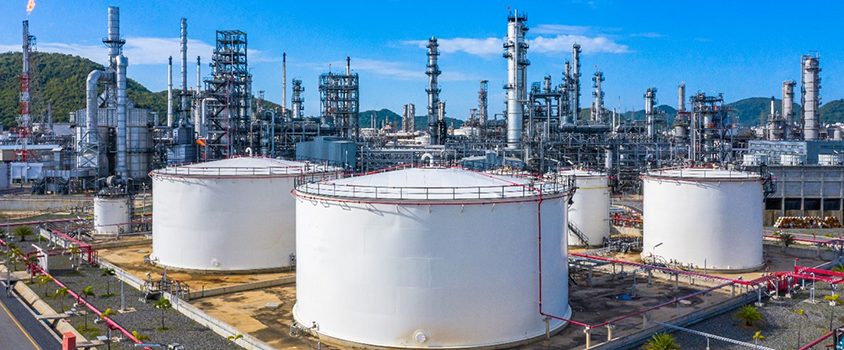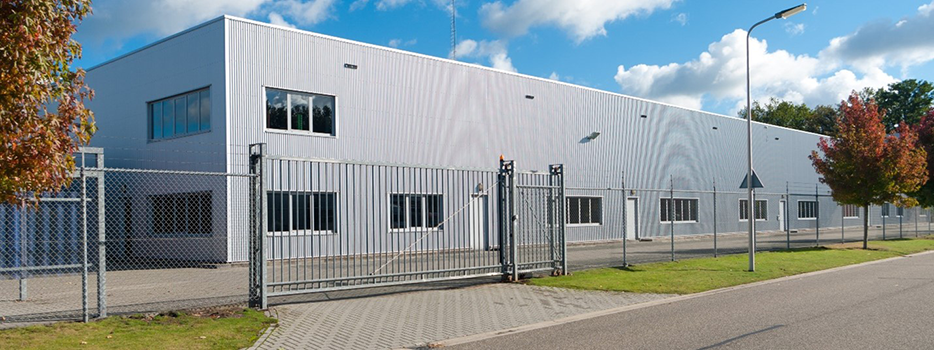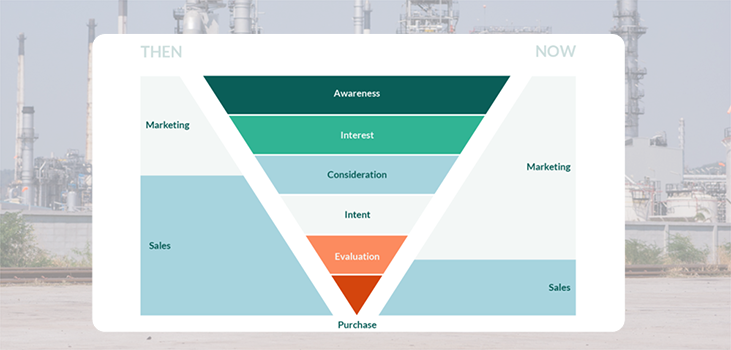What is the Difference Between a Website and an Online Platform?
Marketing
There are a couple of differences between a website and a marketplace. Both terms are often used interchangeably, but they serve different purposes and have different functionalities. Knowing these differences is crucial for creating an effective marketing strategy that aligns with your objectives.
What is a website?
A website is a collection of web pages that are accessed through the internet. It is a digital presence that provides information about a company, its products, and services. Websites are designed to be informative and static, meaning that they do not change frequently. Their primary purpose is to inform and educate visitors about a particular subject or organization.
What is a marketplace?
A marketplace, on the other hand, is an online platform that connects buyers and sellers. It is a platform where sellers can list their products, and buyers can browse and purchase them. Examples of marketplaces include Amazon, eBay, and Etsy. These platforms allow sellers to reach a broader audience and provide buyers with a wide range of products to choose from.
What is an Online Platform?
An online platform, on the other hand, is a software-based service that allows multiple users to interact with each other. It provides a space for users to create, share, and collaborate on content. Online platforms are dynamic and interactive, with content that changes frequently based on user input.
Examples of online platforms include social media sites like Facebook, Twitter, and LinkedIn, as well as e-commerce sites like Amazon and Etsy. These platforms allow users to create profiles, share content, and engage with other users in real-time.
Purpose
The primary purpose of a website is to provide information and educate visitors about a particular subject or organization. A marketplace, on the other hand, is designed to connect buyers and sellers and facilitate transactions. An online platform, is designed to facilitate user interaction and collaboration.
Content
Websites typically provide static content, such as text, images, and videos. Marketplaces on the other hand, provide dynamic content that changes frequently based on the products listed by sellers. Online platforms, allow users to create, share content that changes frequently based on user input.
User Interaction
Websites typically do not allow for much user interaction, aside from filling out a contact form or signing up for a newsletter. Marketplaces, however, are designed to facilitate user interaction and transactions between buyers and sellers. Online platforms, are designed to facilitate user interaction.
Functionality
Websites typically have functionality, such as providing information. Marketplaces and online platforms have a wide range of functionality, including e-commerce, payment processing, and seller management tools.
What is the Difference Between a Website and an Online Platform?
Marketing
There are a couple of differences between a website and a marketplace. Both terms are often used interchangeably, but they serve different purposes and have different functionalities. Knowing these differences is crucial for creating an effective marketing strategy that aligns with your objectives.
What is a website?
A website is a collection of web pages that are accessed through the internet. It is a digital presence that provides information about a company, its products, and services. Websites are designed to be informative and static, meaning that they do not change frequently. Their primary purpose is to inform and educate visitors about a particular subject or organization.
What is a marketplace?
A marketplace, on the other hand, is an online platform that connects buyers and sellers. It is a platform where sellers can list their products, and buyers can browse and purchase them. Examples of marketplaces include Amazon, eBay, and Etsy. These platforms allow sellers to reach a broader audience and provide buyers with a wide range of products to choose from.
What is an Online Platform?
An online platform, on the other hand, is a software-based service that allows multiple users to interact with each other. It provides a space for users to create, share, and collaborate on content. Online platforms are dynamic and interactive, with content that changes frequently based on user input.
Examples of online platforms include social media sites like Facebook, Twitter, and LinkedIn, as well as e-commerce sites like Amazon and Etsy. These platforms allow users to create profiles, share content, and engage with other users in real-time.
Purpose
The primary purpose of a website is to provide information and educate visitors about a particular subject or organization. A marketplace, on the other hand, is designed to connect buyers and sellers and facilitate transactions. An online platform, is designed to facilitate user interaction and collaboration.
Content
Websites typically provide static content, such as text, images, and videos. Marketplaces on the other hand, provide dynamic content that changes frequently based on the products listed by sellers. Online platforms, allow users to create, share content that changes frequently based on user input.
User Interaction
Websites typically do not allow for much user interaction, aside from filling out a contact form or signing up for a newsletter. Marketplaces, however, are designed to facilitate user interaction and transactions between buyers and sellers. Online platforms, are designed to facilitate user interaction.
Functionality
Websites typically have functionality, such as providing information. Marketplaces and online platforms have a wide range of functionality, including e-commerce, payment processing, and seller management tools.

























.jpg)
.jpg)









